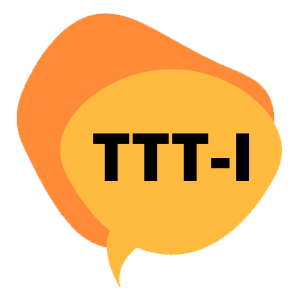14 Jun 4. Overcoming Common Problems in Cyber Café
It is a general acceptance that the skills teachers and trainers in particular in the fields of IT-technologies and multi-functional media such as PC, Internet and mobile phone must be better recognised and used, and their online participation must be promoted. In this direction a first helpful and relatively easier tool to use are the teleconference platforms / freeware in the Internet. Various platforms for teleconference are in place, which allow for a great variety of interaction between the different users.
However, for a developed experience in Cyber Café, it would be necessary to develop these skills with the support of facilitators. It would be advisable for facilitators to be informed or discuss with more experienced trainers of the field a set of recommendations that describes how the online skills of women and men with a migration background can be improved, taking into consideration their gender-, generation- and culture- specific aspects. In some EU countries such material has been elaborated and could be very helpful. Cyber café activity can contribute in this dual direction:
- present new perspectives to strengthen the use of the Internet among teachers and trainers
- enable them to feel safe and creative while participating in the Cyber café, which means a change of their attitude.
In order to avoid the possibility that members with a better knowledge ICT skill marginalize the weaker members it is important to develop strategies in order to deal with learners’ diverse attitudes towards ICT and with low levels of digital competence among some learners. It is recommended that simple-to-use ICT tools which are already trusted by these learners, such as mobile phones, tablets and laptops. Use of simpler devices could potentially familiarize participants with the idea of using ICT in education and make them feel safe when applying more demanding solutions. When a PC-based application has to be used, introductory actions could provide users with basic digital literacy (if needed, along with basic reading and writing capabilities) and guarantee support from a teacher or tutor in early usage practice. If possible, bilingual tutors and materials, and instructions, which are both written and narrated, can be very useful at this stage.
